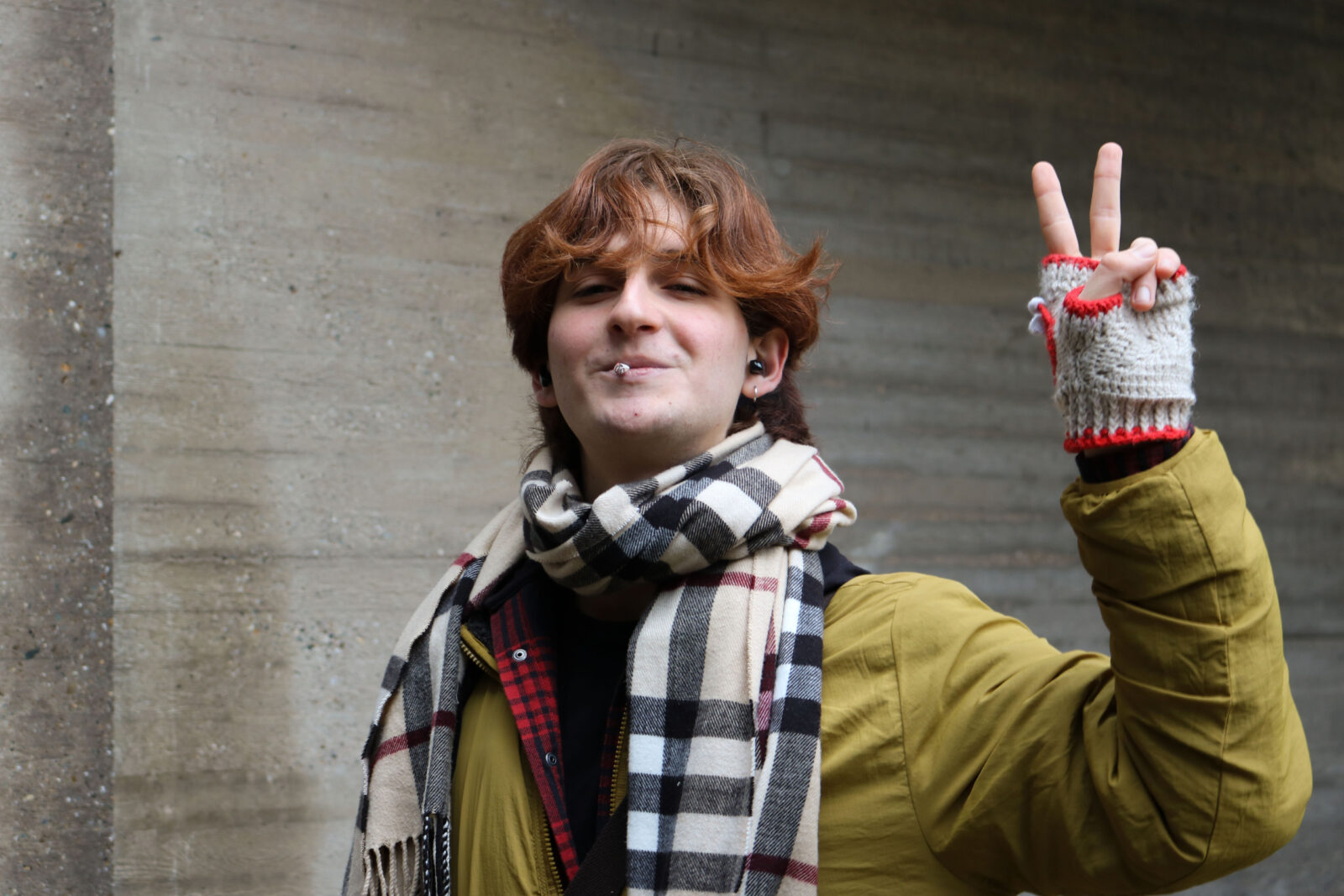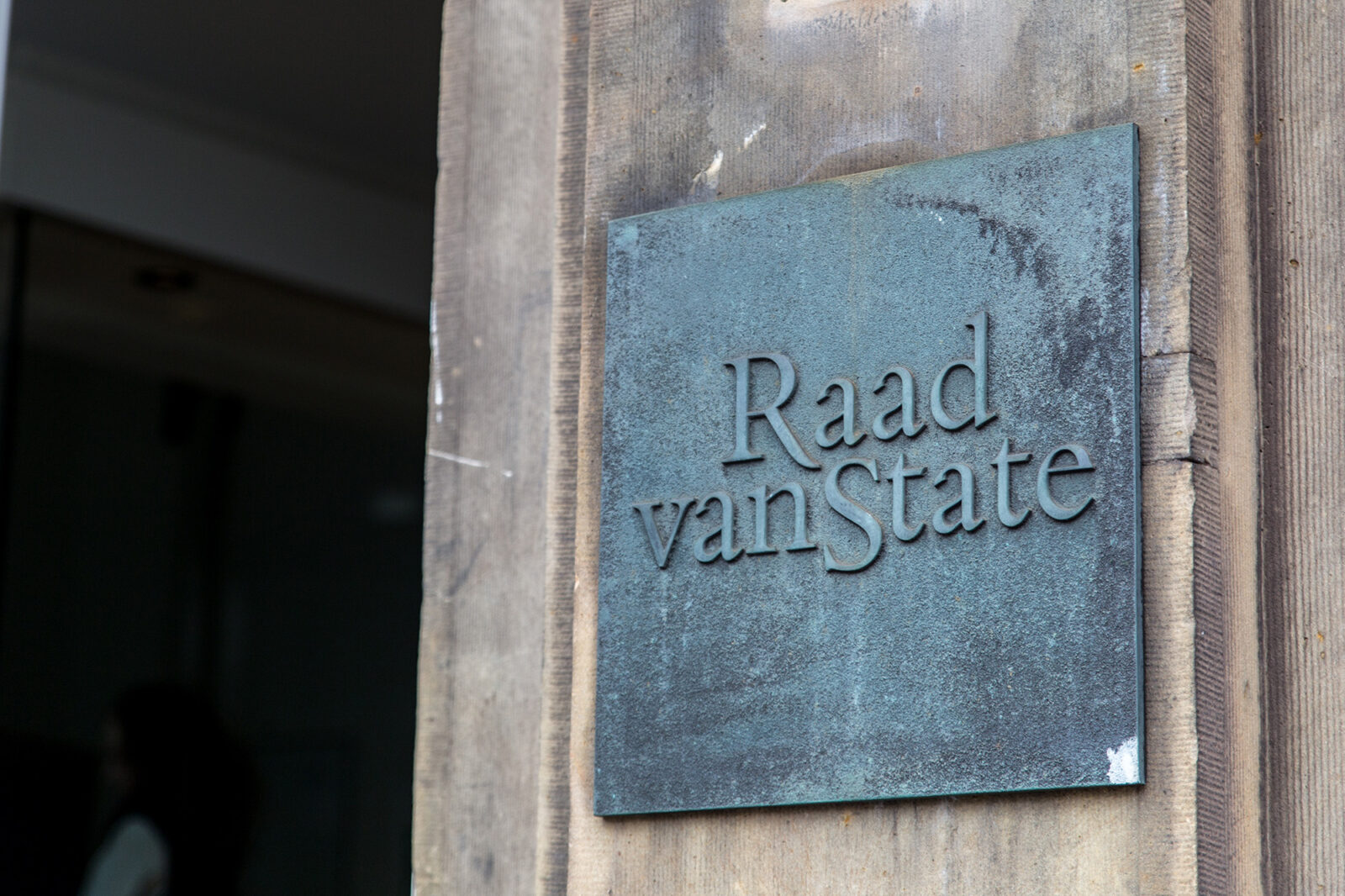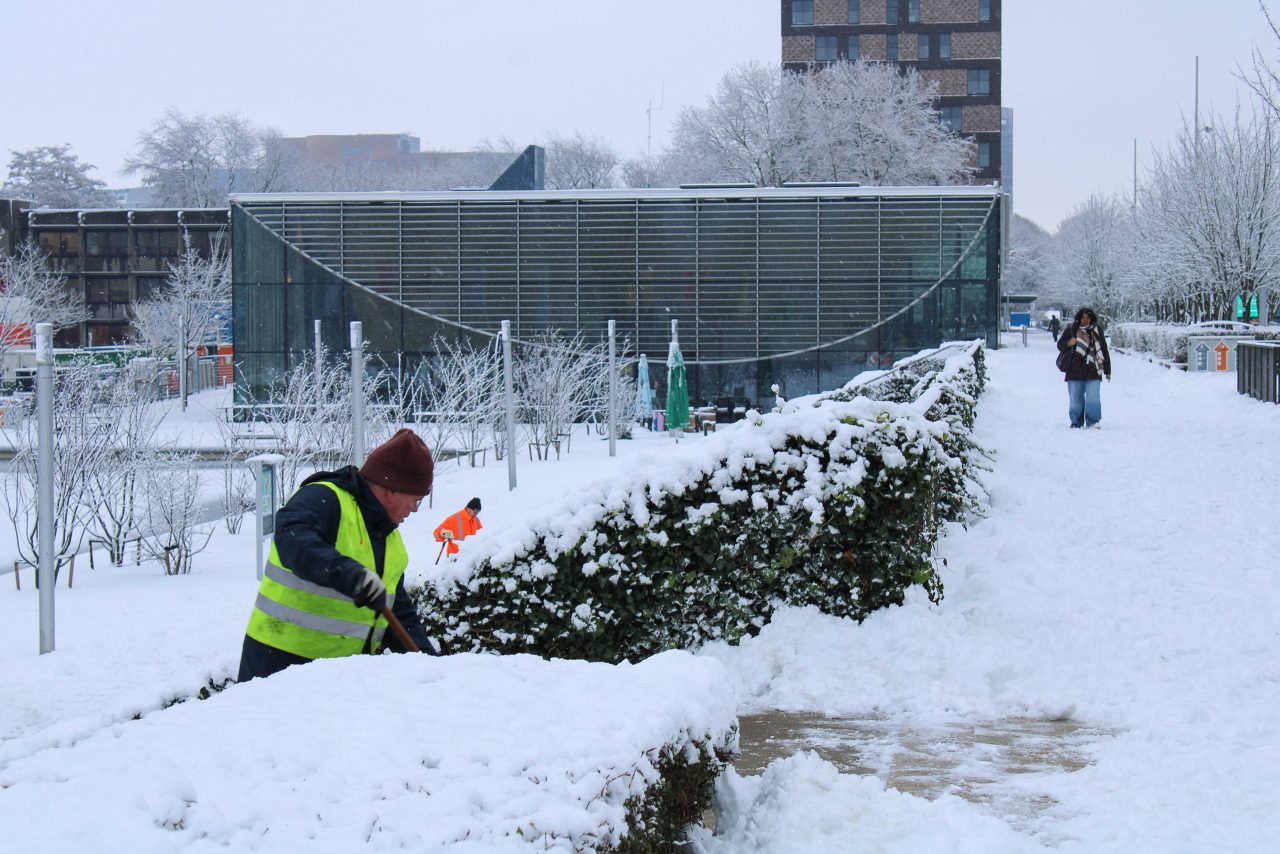Why lectures just one day a week is ‘impossible’ and other questions about education after April 26
We can come back! From this coming Monday, students may return to the campus for physical teaching one day a week. But how feasible is it to open the campus on April 26? Will the Erasmus University be able to put everything in place in such a short time? And what will the teaching look like in practice? Five questions and answers about the education starting next week.
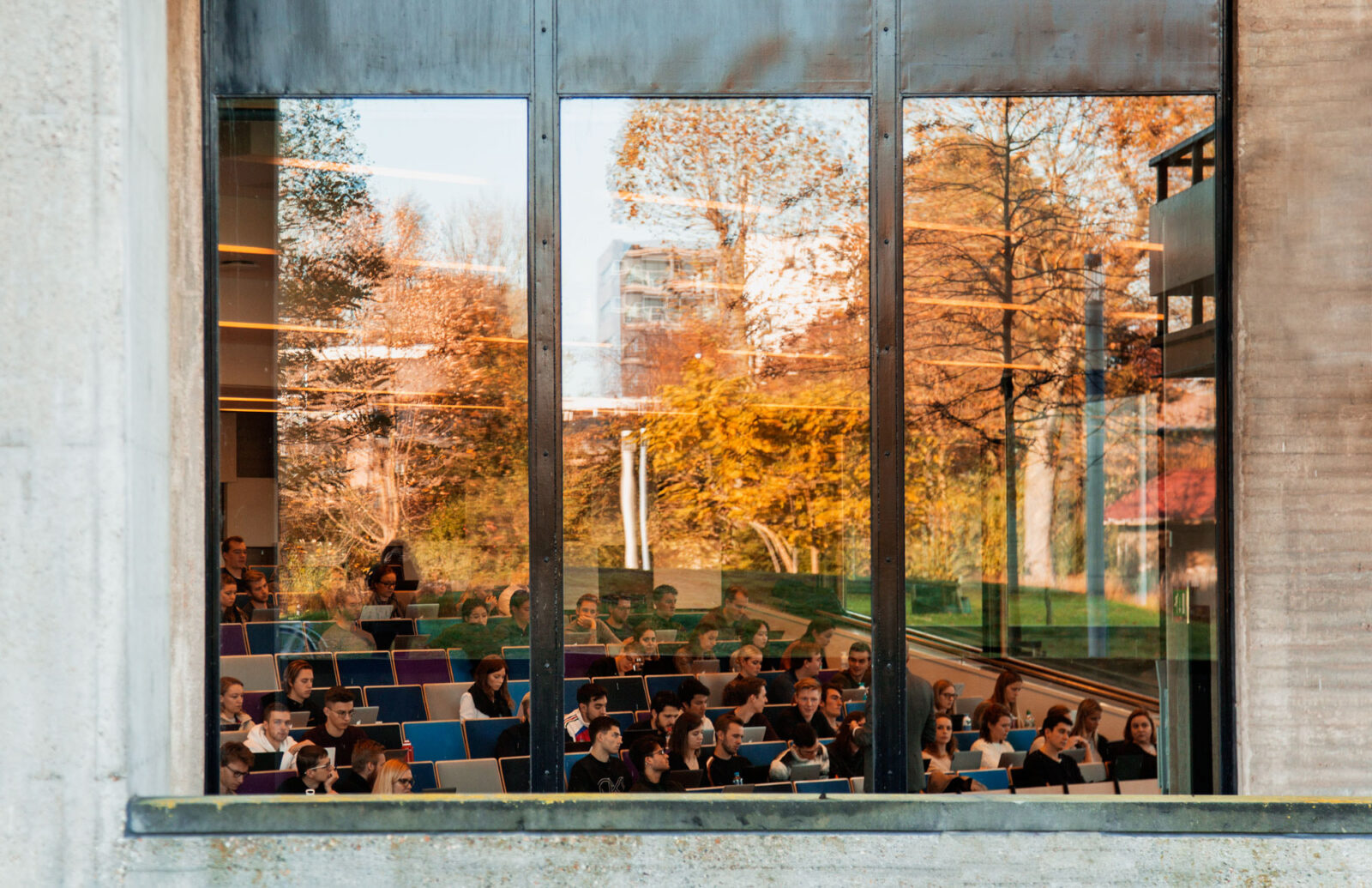
Image by: Aysha Gasanova
1. Will it really be possible to start teaching on Monday?
For a number of faculties, this will be possible, but it will probably not work to have everyone in the lecture hall one day a week. It will be a very slimmed down version of the normal situation. According to a spokesperson for the Executive Board, the university is leaving the practical side of implementation to the faculties. “It will be determined by each faculty and programme separately, so it may differ. As soon as more can be communicated about this, each programme will inform the students and staff.”
In Erasmus MC, there will be more teaching from Monday, but not a lot will change, explained Maarten Frens, dean of education of the medical faculty. “Unlike the other faculties, a lot of our teaching is physical. This is due to the practical element in our teaching. Internships are still going on, we were allowed to keep giving practical training.” The Erasmus School of Social and Behavioural Studies (ESSB) is also planning to adjust its teaching from Monday.
Lees meer
-
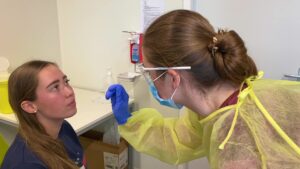
Higher education set to open before students receive self-tests
Gepubliceerd op:-
Education
-
The Erasmus School of Economics (ESE) needs a bit more time to design its education; there are no lectures planned in the coming two weeks. Michel van der Wel, vice-dean of education of the ESE, wrote that his faculty is primarily seeking ‘tailor made’ solutions; in other words, they are looking at what works best for each programme and year. “Currently, examinations are being held, and next week is a week without teaching. That is why we have more scope to arrange things.”
2. What is already known about what the education will look like in practice?
Frens considers lectures for large groups of bachelor students ‘inconceivable’ because of the size of the groups. The biggest change is found at Erasmus MC, with small-scale skills training that can be done ‘in real life’ again. Will one day in the week on campus work? “For master students it will work, they are doing internships in the hospital, and those are still taking place. We shall not be able to achieve this for bachelor students.”
The ESSB also calls one day a week of physical teaching for students ‘impossible’. “At most it will be part of a day.” And once the students are at Woudestein, they may find that the lecturers are often absent. “In many cases the lecturer and a large part of the students will be attending online.” The students who do want to be on campus can sign up through a registration system. During the teaching, interaction will be impossible, according to a spokesperson of the ESSB. In just one case, the lecturer will be physically present. “Some lectures will be hybrids, with the lecturer also on campus.”
Lees meer
-
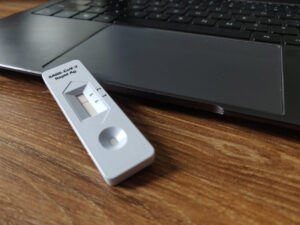
Possible mandatory coronavirus testing for students
Gepubliceerd op:-
Student life
-
What will that look like in practice for ESSB students? “For a large part of the teaching activities, the students can come to the campus, but in many cases it means sitting together in a meeting room for an online activity.” According to the ESSB, this definitely has added value. “It breaks through the isolation and enables mutual contact.”
3. Why is it so difficult to physically teach students one day a week?
This has to do with the fundamental rules (hand washing, one and a half metres distancing, staying at home if symptomatic) that remain in force. In particular, the distancing rule produces a lack of space. “Given the demand for space of this rule, I don’t think we’ll manage to allow all students to come to the Erasmus MC one day a week,” said Frens. In the lecture halls which normally seat three hundred students, now a maximum of fifty are allowed. The teaching rooms which normally seat twelve students have now become independent learning places for two students.”
Frens enquired whether the neighbours had any additional space, but was unsuccessful. “We asked around if there were any rooms that we could rent temporarily, but the neighbours are also hoping that they will be allowed to do more soon, so they don’t want to rent to us or only for market rates. We cannot afford that.”
The ESSB also states that space for teaching and the schedule are the greatest obstacles. In addition, the spokesperson said that the registration system might not work properly, so there would be no guarantee of a day of lectures per week. “Students have to sign themselves up and respect each other.”
4. Will anything change in terms of examinations and study places?
Hardly. Examinations were already allowed on campus, and there were already study places available. The removal of the curfew allows examinations to be held later, and study places to remain open longer.
5. To prevent infections, free self-tests will be distributed to students who want to take them voluntarily. Is there already a distribution plan?
The faculties state that they do not yet have plans in place, but it seemed earlier that they would not be available next week either. It is hoped the tests can be distributed from the beginning of May. Students can leave their address with the education-ICT organisation SURF, and the universities and ministry will then talk to third parties about distributing the tests to the students. One complication: the ICT system where the students are meant to leave their address is not yet finished.
Lees meer
-
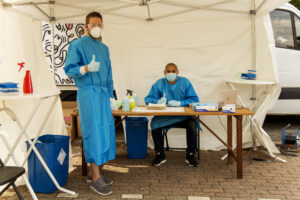
Voluntary Covid test before lectures? More than half of EUR students would refuse
Gepubliceerd op:-
Student life
-
If the students decide not to be tested, there are no consequences for their access to education. A survey conducted by Erasmus Magazine and a Fieldlab study at the Avans Hogeschool in Breda revealed that not all students are prepared to be tested voluntarily. The spokespersons stated that this will not affect the giving of physical teaching starting on Monday. What the university spokesperson did stress was, “The Executive Board wants to expressly advise everyone to ensure that you are not unconsciously infecting others when you are on campus or used public transport to get to the campus.”
De redactie
Latest news
-

University calls on people to remind smokers, security guards don’t send smokers off campus
Gepubliceerd op:-
Campus
-
-

What do the new European housing plans mean for students?
Gepubliceerd op:-
Campus
-
-

Makeover for Erasmus Magazine: new and more accessible website is live
Gepubliceerd op:-
Campus
-
Comments
Comments are closed.
Read more in education
-
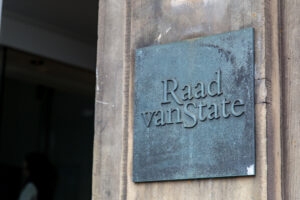
Adjusted internationalisation bill sent to Council of State
Gepubliceerd op:-
Education
-
-
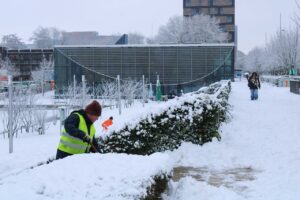
Student organisations concerned because in some places, classes and exams are not cancelled
Gepubliceerd op:-
Education
-
-

Eleven programmes to limit intake in English-language tracks
Gepubliceerd op:-
Education
-


